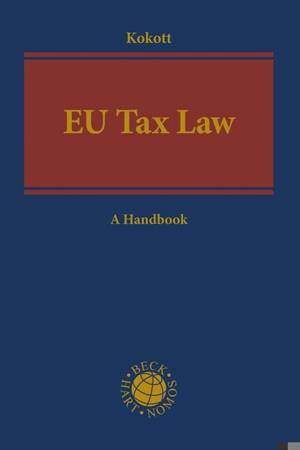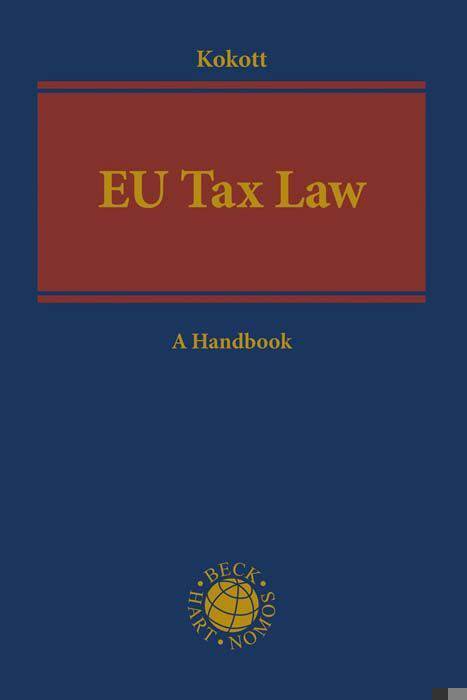
Vous voulez être sûr que vos cadeaux seront sous le sapin de Noël à temps? Nos magasins vous accueillent à bras ouverts. La plupart de nos magasins sont ouverts également les dimanches, vous pouvez vérifier les heures d'ouvertures sur notre site.
- Retrait gratuit dans votre magasin Club
- 7.000.000 titres dans notre catalogue
- Payer en toute sécurité
- Toujours un magasin près de chez vous
Vous voulez être sûr que vos cadeaux seront sous le sapin de Noël à temps? Nos magasins vous accueillent à bras ouverts. La plupart de nos magasins sont ouverts également les dimanches, vous pouvez vérifier les heures d'ouvertures sur notre site.
- Retrait gratuit dans votre magasin Club
- 7.000.0000 titres dans notre catalogue
- Payer en toute sécurité
- Toujours un magasin près de chez vous
Description
"Taxes are the lifeblood of government." (U.S. Supreme Court 1935). They are the fundament of statehood, but more and more the subject of European regulation and international concern. This book systematically analyses the Tax Law of the European Union, which has developed in the space between the national legal orders of the Member States on the one hand and the international regime (particularly the influences of the OECD, including BEPS) on the other. In that framework, the author considers the whole body of the Tax Law of the European Union: the general principles applicable to both direct and to indirect taxation; the principle of equality and its more specific expressions in the basic freedoms and the prohibition of State aid, the principles of neutrality and ability to pay, taxpayers' fundamental rights; the justifications of infringements balanced allocation of taxing powers, including the fight against tax avoidance; secondary legislation in the area of direct taxes; and details of the Union's VAT law and excises taxes. The reader will find everything in this book. This handbook offers a comprehensive and systematic update of the vast case-law of the ECJ, a detailed analysis of the various EU tax law problems, including VAT, and shows the broad context of constitutional and international law.
Spécifications
Parties prenantes
- Auteur(s) :
- Editeur:
Contenu
- Nombre de pages :
- 809
- Langue:
- Anglais
Caractéristiques
- EAN:
- 9783406743955
- Date de parution :
- 11-07-22
- Format:
- Livre relié
- Format numérique:
- Linnen over kaft
- Dimensions :
- 172 mm x 48 mm
- Poids :
- 1502 g







